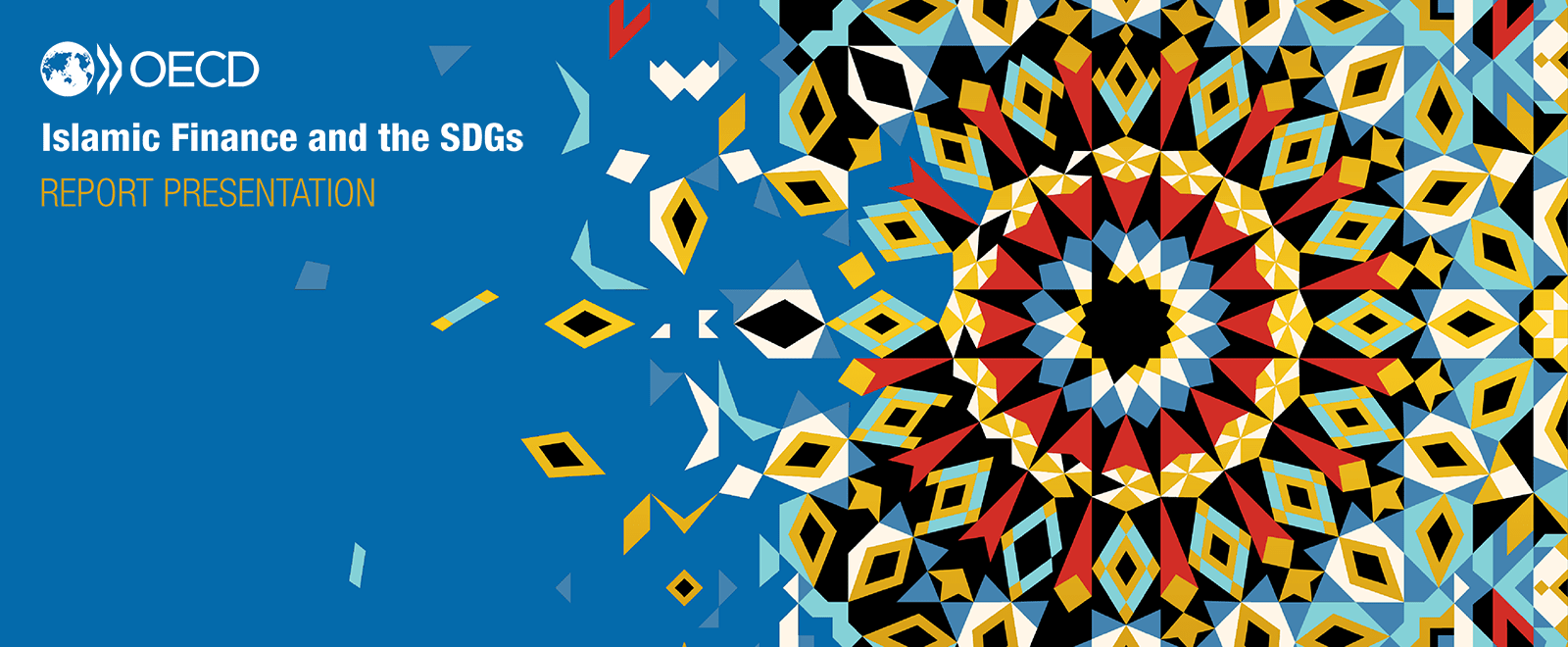Saudi Arabia

How Islamic finance contributes to achieving the Sustainable Development Goals
This report identifies the opportunities that Islamic finance presents for donors.
To achieve these, Arab and OECD Development Assistance Committee donors need to mobilise
innovative forms of financing and deliver the call to deepen the transformation of
development finance systems. DAC members could do so by broadening and deepening exposure
to alternative forms of financing, such as Islamic finance. Islamic finance represents
USD 2.5 trillion – a share of which could be mobilised for development – and its tenets
resonate across the member countries of the Organisation for Islamic Cooperation and
beyond. Arab donors could harness Islamic finance, as a means to strengthen partnerships
with DAC members, whilst increasing the effectiveness of existing aid flows in countries
and contexts where they have considerable access. Doing so could create a more equitable
and stable development finance order capable of delivering the SDGs and achieve greater
impact in partner countries. Both communities would then be able to chart a path for
all development actors, notably the private sector, development finance institutions
and other bilateral donors. This report provides a set of action points for Arab and
DAC donors, highlighting the benefits of engaging in and co-operating through Islamic
finance.
Published on June 11, 2020
In series:OECD Development Policy Papersview more titles
